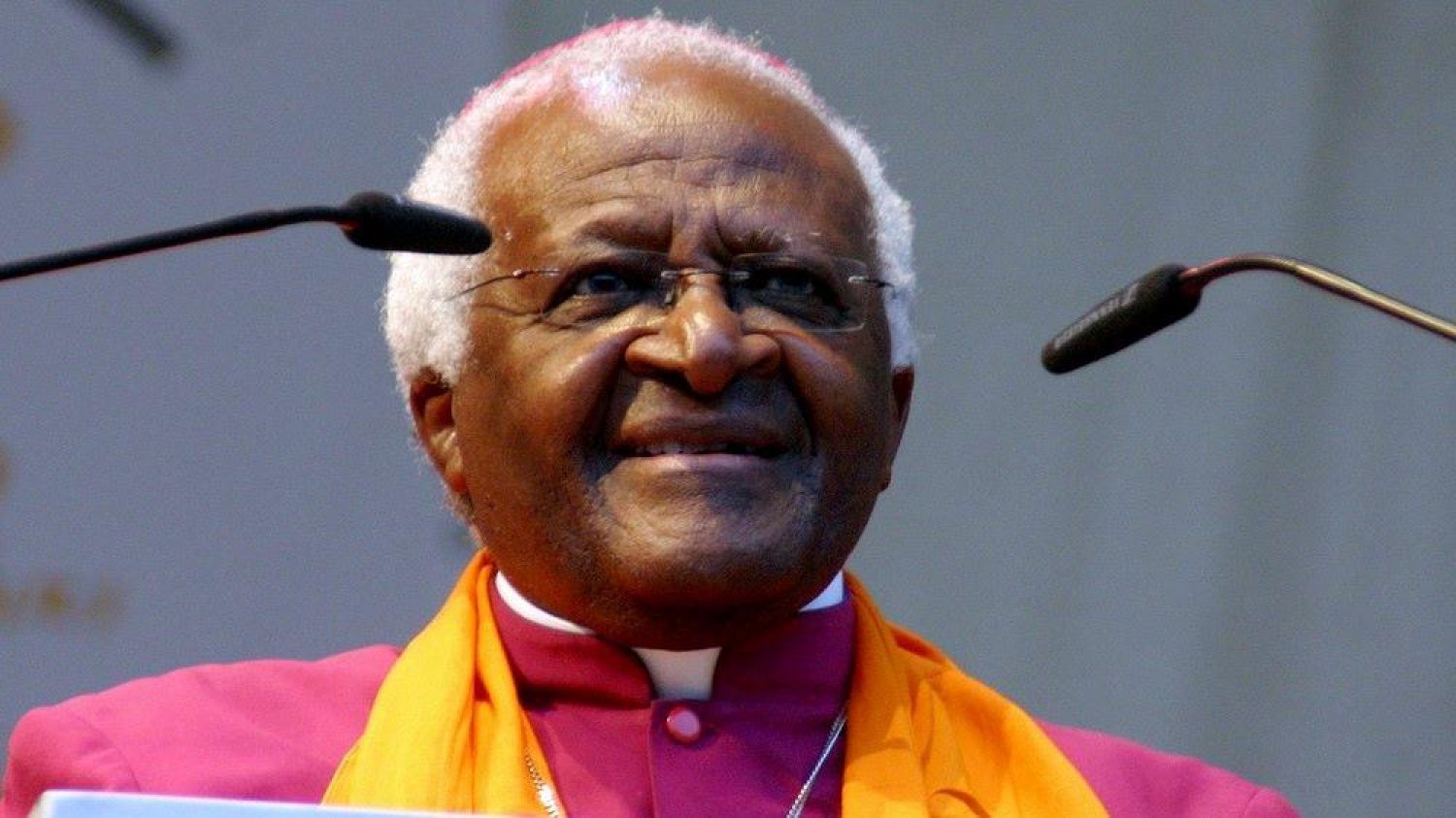Three minute read
Watch Poppy talking about water cremation on Talk TV
Until Archbishop Desmond Tutu’s death a year ago, very few people had heard of 'water cremation' or alkaline hydrolysis. Even fewer had considered it for themselves, their friends or family.
The South African anti-apartheid leader sparked debate by choosing this process — often also known by trade names aquamation or resomation — as an alternative to being buried or cremated.
Alkaline hydrolysis, which has a lower environmental footprint than traditional flame cremation, has been used in Canada, the USA and some other countries for more than a decade. It will shortly be available in the UK for the first time.
But what is it, how does it work and what environmental benefits does it bring?
What is water cremation?
Rather than using flames, water cremation uses water — and a small amount of an alkali like potassium hydroxide — heated to around 150℃. A combination of the heat, pressure and chemical break down body tissue, which dissolves harmlessly into the water.
Advocates of water cremation compare the process to the way in which a body naturally breaks down over many years once it is buried. Water cremation is a means of speeding this up. A water cremation takes around four hours. Unlike flame cremation, the body is taken out of the coffin before the process begins.
After hydrolysis, as with flame cremation, the remaining bones are put into a cremulator — a kind of specialised machine which turns them into a fine, sand-like powder, similar to ash. This can be returned to the family or friends of the person who has died. These ‘ashes’ can be kept, buried or scattered.
A funeral ceremony, with readings, music and tributes, can be carried out in exactly the same way with water cremation, as it can with a burial or flame cremation. The only difference is how the body is dealt with after the ceremony.
Is water cremation available in the UK and when will it be available?
Until 2023, flame cremation and burial have been the only options available in the UK. But now that’s changing.
UK company Kindly Earth will open the UK’s first facility for alkaline hydrolysis in the north east of England. They plan to work with local funeral directors to offer resomation (water cremation) as an alternative to traditional cremation or burial.
“With anything new, you have to win over people and build understanding,” explains Julian Atkinson from Kindly Earth. “To bring water cremation forward in the UK, we had to gain planning permission to set up the facility and consent from the local water board.
“There’s no framework that specifically covers water cremation under UK law. It’s not cremation, so it doesn’t fall under the Cremation Act and it’s obviously not burial — so it’s free from existing legislation. However, of course, we follow protocols which match existing regulations to make sure that nothing goes wrong.”
What are the environmental benefits of water cremation?
UK company, Resomation Ltd supplies water cremation equipment around the world. According to research from Resomation Ltd, the process typically uses less than one fifth of the energy from gas or electricity than a traditional cremation, with less harmful, climate-changing gases going into the atmosphere.
This process also prevents any mercury emissions, which are regulated in the UK, from possible dental fillings. These emissions can be harmful for plant and animal life.
Water cremation does not require access to land, as burial does. It may also be a good option for people living in cities who want to avoid the carbon emissions associated with travelling to a natural burial site.
After the water cremation has taken place, a mild acid is added to the water in the treatment tank to even up the pH value. The water used in the cycle is then clean and safe to dispose of through the normal drainage system.
At Poppy’s, we want to see more funeral choices become available which protect the planet and help people reduce their carbon footprint.
We’re encouraged that Archbishop Desmond Tutu, a dedicated campaigner against climate change, chose water cremation for environmental reasons.
Soon people in the UK will have the opportunity to follow his lead and make this choice for themselves. We will be watching with interest.
We've also explored other new death technologies on Talking Death — including natural organic reduction (human composting) — explaining how they work, the benefits they could bring and how soon they are likely to become a reality.
To stay in touch with all the latest news and updates from Poppy's by email, sign up here or contact us if you need help in planning a funeral.
(Image of Desmond Tutu from Elke Wetzig (Elya), CC BY-SA 3.0 , via Wikimedia Commons)
